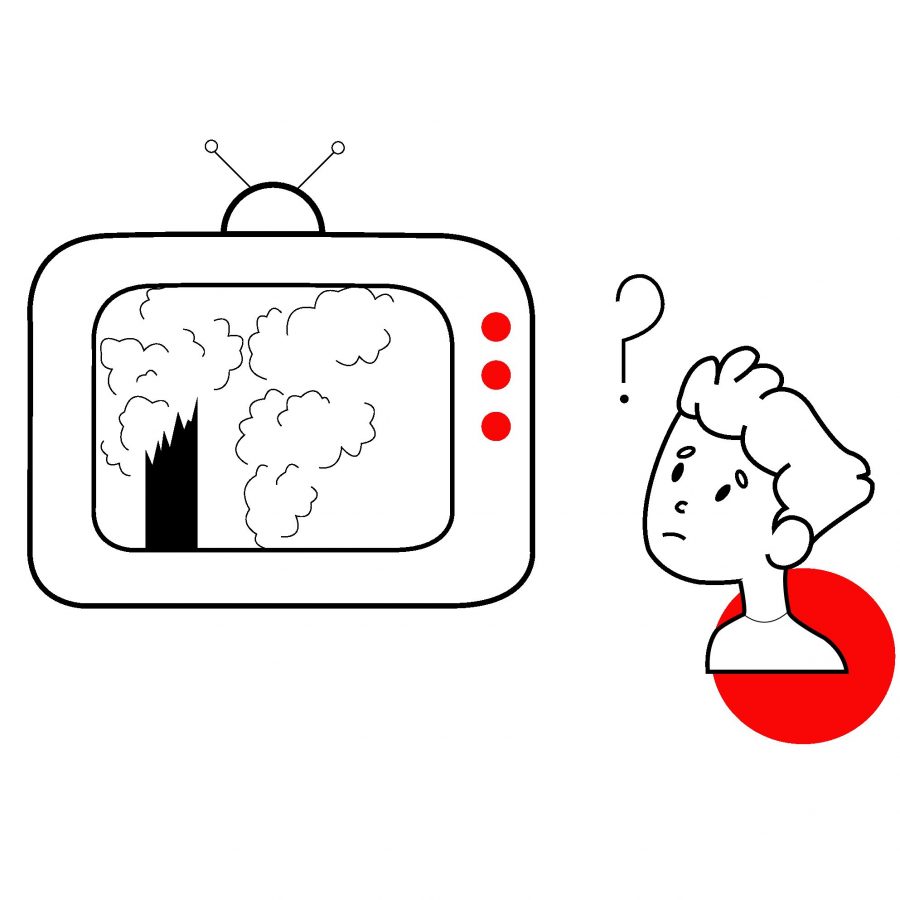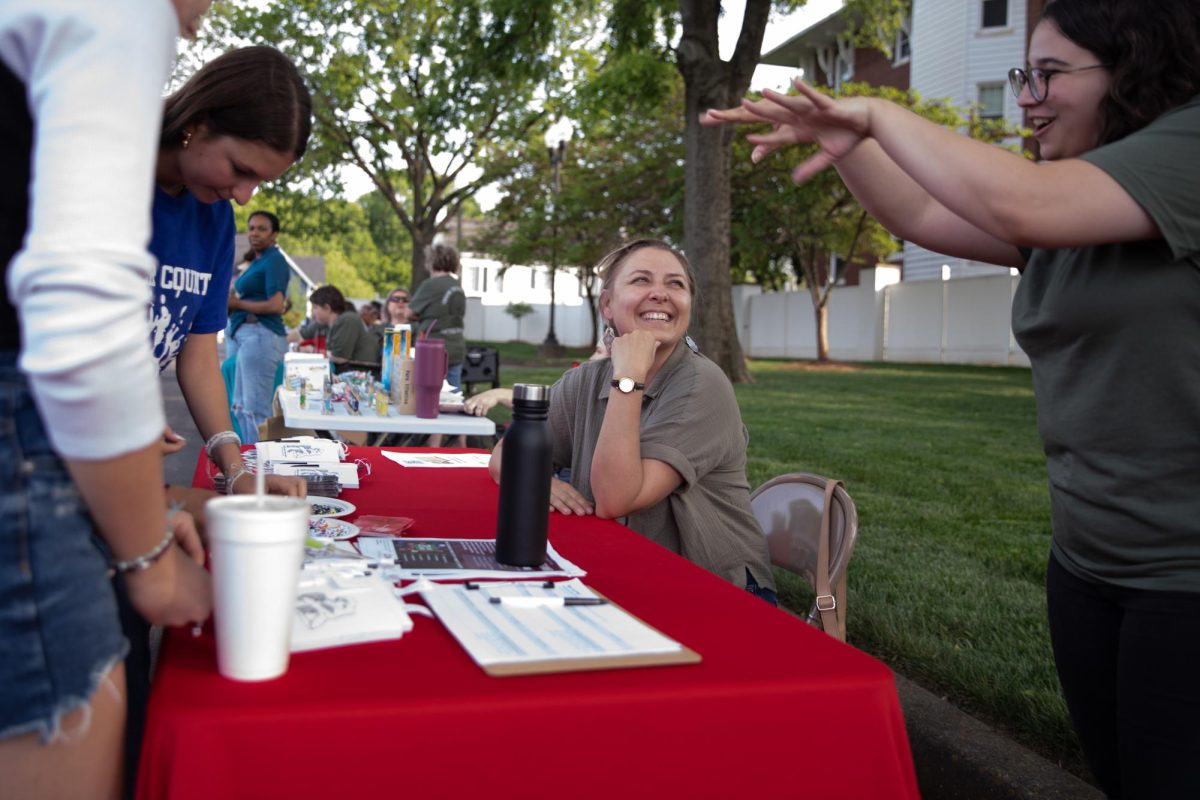After the fact: Lingering effects for those born post-9/11
September 10, 2021
Twenty years ago, the world watched in horror as two planes struck the World Trade Center in New York City, one struck the Pentagon and another crashed in a Pennsylvania field, presumably heading towards another target.
The American people have not forgotten about September 11th, 2001, and have honored those that lost their lives on that day every year since
An entire generation of people have been born after the attacks, some of which are now among the freshman and sophomore classes here at WKU.
This generation, despite not living through the attacks themselves, still feels the echoes of Sept. 11 throughout their lives.
“[My opinion] is very different to those who lived through it,” freshman Lauren Neuhaus, a communications major, said. “I think it was one of the most traumatic and horrible events [the United States] has experienced, and we still experience [the lasting effects] to this day.”
School systems across the country take time each Sept. 11 to honor those that we lost and to fill in younger students who may not have been alive that fateful day.
“We would watch videos about [the attacks],” freshman Kara Randall, an accounting major, said. “It was obviously really sad. I just remember every [September 11th] would be a really depressing day.”
Unfortunately, many feel they were not given proper context when learning about the tragedy in school.
“We were given a basic idea [of the attack] when we were younger, outside of history class,” junior Grace Salloum, a psychological sciences and criminology major, said. “When we got older, we learned about al-Qaeda, and why they did that. It wasn’t until I wanted to see the reason why people would say mean things to me, and [through] a college history course, we were taught about why 9/11 happened.”
One of the many tragic aftershocks of the attacks is an increase of hatred and discrimination towards those of Middle Eastern descent.
“It makes me upset to think about 9/11, in terms that it is very upsetting how many peoples’ lives were lost that day, and how it could have been preventable,” Salloum said. “It’s upsetting knowing that no one seems to understand that there are other people who are being hurt from that day on, and were hurt before that, and will continue until it is recognized.”
Since the attacks, the United States responded with a military invasion of Iraq as part of its War on Terror. Many feel that the US jumped the gun.
“I think that the United States overreacted,” freshman Nick Clevengar, a psychological sciences major, said. “A lot of things were pushed as a motive for revenge, rather than making things right. I do feel that the leaders of the past twenty years have not done everything they can to settle a war that I don’t think needed to happen in the first place.”
Now, twenty years later, the United States government officially decided to leave the region. This has caused its own controversy.
“I don’t think that we should still be [in Afghanistan], … but I don’t agree with the way [President Biden] withdrew,” freshman Annie Whaley, an international affairs and public relations major, said. “I understand the urgency in leaving, especially because [the government] didn’t want to risk American soldiers, but I think they could’ve done it in a more thoughtful way that would’ve helped the people of Afghanistan.”
The attacks on September 11th, 2001, as distant as they may feel, still left an undeniable impact. Yet, as the years have gone on, hindsight has allowed students on campus to view the attack in a new light.
























![Megan Inman of Tennessee cries after embracing Drag performer and transgender advocate Jasmine St. James at the 9th Annual WKU Housing and Residence Life Drag Show at Knicely Conference Center on April 4, 2024. “[The community] was so warm and welcoming when I came out, if it wasn’t for the queens I wouldn’t be here,” Inman said.](https://wkuherald.com/wp-content/uploads/2024/04/smith_von_drag_3-600x419.jpg)

